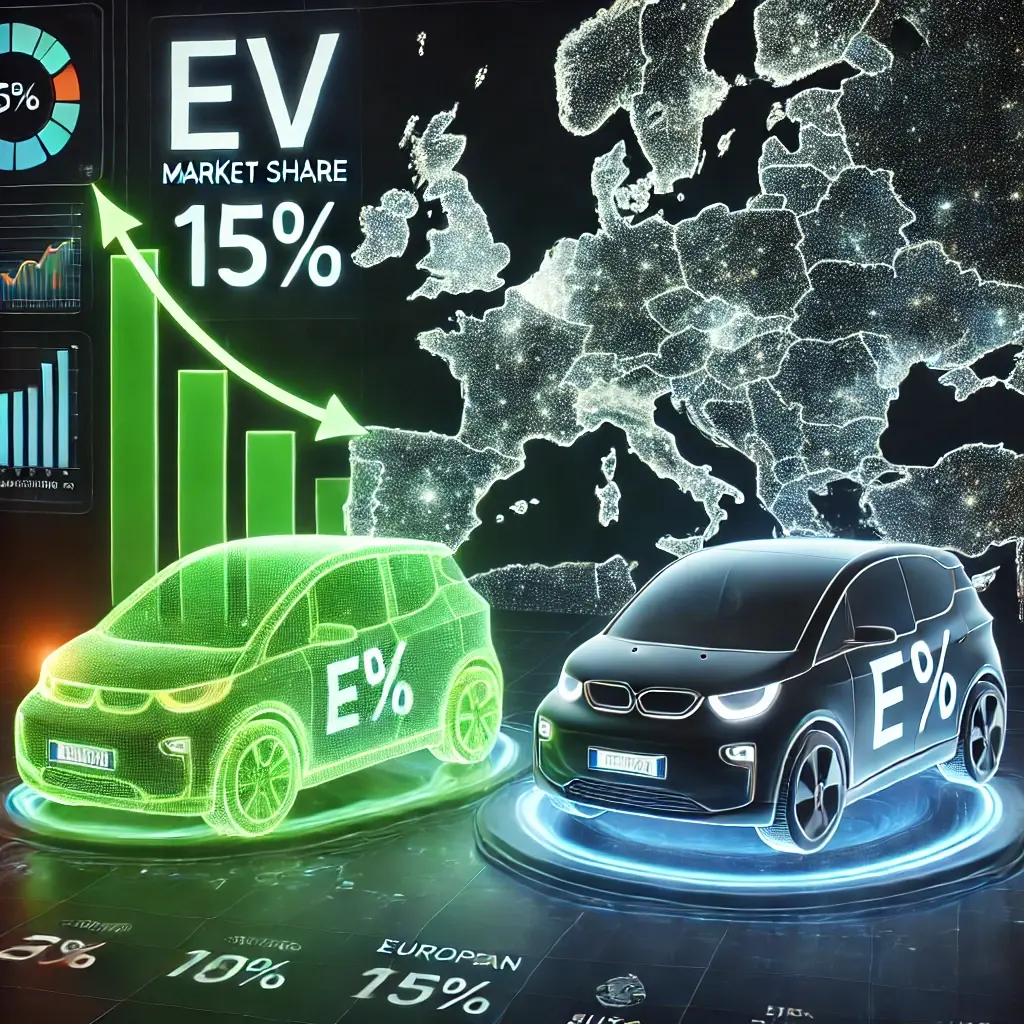
In January 2025, the European automotive market experienced a 2.1% decline in new car registrations, with sales falling below 1 million units—the lowest volume since August.This downturn was primarily due to significant drops in petrol and diesel vehicle sales, which overshadowed the gains made by electric vehicles (EVs).
Despite the overall market contraction, battery electric vehicles (BEVs) saw a remarkable 37% increase in registrations during the same period, capturing a 15% market share. This growth indicates a strong consumer shift towards electrified transportation options.
However, not all EV manufacturers benefited equally. Tesla, for instance, faced a sharp decline in European sales, with only 9,900 units sold in January—a drop of over 45% compared to the same month last year. This decrease is partly attributed to controversies surrounding CEO Elon Musk's political interventions in the region.
The industry is also navigating challenges related to new CO2 emission targets implemented by the European Union in January. These regulations have led some automakers to increase prices for petrol engine models to encourage EV adoption. While this strategy aims to reduce emissions, there are concerns that it may further dampen overall car sales.
In response to these developments, the European Automobile Manufacturers' Association (ACEA) has called for urgent action to address the declining demand for EVs. They emphasize the need for consistent policy measures, enhanced charging infrastructure, and purchase incentives to stimulate consumer interest and support the industry's transition to zero-emission vehicles.
In summary, while the European automotive market faces a downturn, the growth in BEV registrations offers a positive outlook. Addressing regulatory challenges and bolstering consumer confidence will be crucial for sustaining this momentum in the EV sector.
Disclaimer:
The information presented in this video is based on publicly available reports and industry sources. While we strive to provide accurate and up-to-date insights, market conditions and company performances are subject to change. This content is for informational purposes only and should not be considered financial or investment advice. Viewers are encouraged to conduct their own research before making any decisions based on the information provided.




